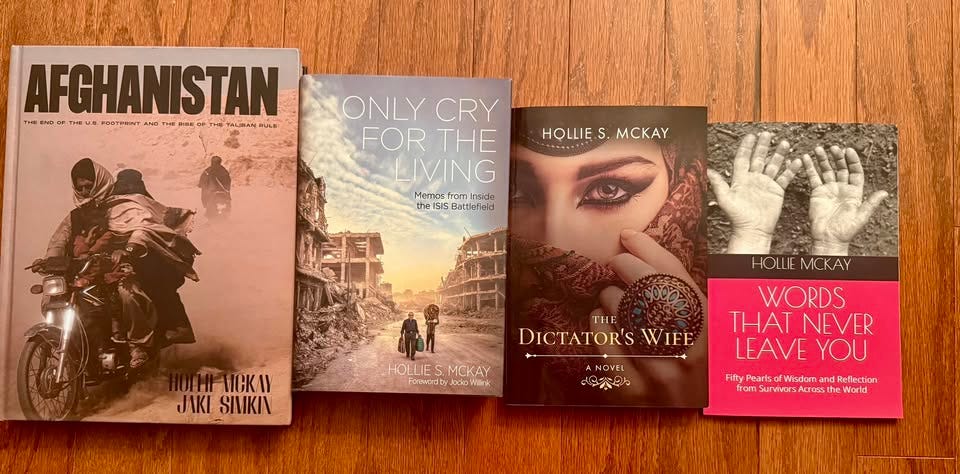The United States is the world’s largest arms exporter, supplying an astonishing 43 percent of all international weapons transfers in 2020–24, according to the Stockholm International Peace Research Institute (SIPRI). Its arms—from fighter jets to drones, tanks to missiles—are used by partners and allies across the globe, including Ukraine, Israel, Egypt, and the United Arab Emirates. The justification is familiar: to promote security, deter aggression, and strengthen alliances.
But more and more, people are asking what happens when these weapons are used to bomb schools, kill civilians, or suppress democratic uprisings. What is the United States’ responsibility when the weapons it sells become tools of abuse, escalation, or even war crimes?
Sales That Outpace Scrutiny
Major United States defense contractors—Lockheed Martin, Raytheon, Boeing, and others—export billions of dollars in weapons each year. These sales are regulated by both domestic and international laws designed to ensure they are used responsibly. In theory, the United States is obligated to ensure its weapons do not contribute to atrocities or destabilization.
The Arms Export Control Act mandates that foreign arms sales must align with national security goals and uphold human rights principles, specifically aiming to prevent their use in violation of international humanitarian law. The United Nations Arms Trade Treaty, to which the United States signed but has not ratified, also seeks to prevent arms from being used in human rights abuses. There are also end-use monitoring programs designed to track how and where these weapons are used.
In practice, however, these safeguards are often toothless. Once weapons are delivered, oversight collapses. Monitoring is inconsistent, especially in active war zones. And enforcement is frequently overridden by strategic or economic interests.
The Legal Grey Zone of Accountability
Under international law, deliberate attacks on civilians or civilian infrastructure are war crimes. The Geneva Conventions and other human rights treaties place the primary responsibility on those who carry out such acts—but they also raise serious questions about the suppliers.
If the United States continues selling weapons to governments with a known history of abuses, misuse or targeting civilians, it risks being seen as complicit. Legal experts have warned that such sales could expose the United States to consequences, including lawsuits filed under the Alien Tort Statute. This law, though rarely invoked and significantly narrowed by recent Supreme Court decisions, still theoretically allows foreign nationals to sue in United States courts for violations of international law.
Congress, too, has the power to investigate and block arms deals through review and disapproval mechanisms under the Arms Export Control Act. However, successfully blocking a sale is rare, and partisan divides and geopolitical priorities often dull that oversight. Sanctions or aid suspensions are sometimes applied to nations with records of abuse, but inconsistently.
The Ethical Burden
Beyond legality, there is the matter of ethics. Every American weapons sale carries a moral footprint. When the United States sends arms to governments known for human rights violations it sends a signal that strategic convenience outweighs civilian protection.
Weapons that were intended to strengthen defense can end up in the arsenals of extremists. During the United States withdrawal from Afghanistan in 2021, a substantial amount of U.S.-funded military equipment fell into the hands of the Taliban. Similar patterns have been observed in Syria and Iraq, where United States weapons, including those supplied to the Iraqi military, were captured by groups like the Islamic State and al-Qaeda, particularly during periods of instability and government collapse.
The ripple effects are enormous: regional instability, prolonged wars, empowered dictatorships, and growing resentment toward the United States.
What Can Go Wrong
Several scenarios highlight the risks baked into current arms transfer policy:
Civilian Casualties: Precision-guided weapons have not prevented civilian deaths. In Yemen and Gaza, highly sophisticated American bombs have repeatedly hit civilian targets, resulting in tragic consequences.
Diversion to Hostile Actors: Weapons sold to allies can end up with enemies. The collapse of governments, corruption, or battlefield capture can reroute arms into dangerous hands, as seen in Afghanistan, Iraq, and Syria.
Escalation of Conflicts: Supplying advanced weapons to one side in a conflict can provoke rivals to arm themselves in response, accelerating arms races—a dynamic particularly evident in the Indo-Pacific region due to rising geopolitical tensions.
Suppression of Civil Liberties: Governments receiving United States military support have, in documented cases, used it to violently suppress protests and dissent, contributing to authoritarianism rather than stability, raising concerns about the broader impact of U.S. foreign policy on human rights.
Time to Reassess
Arms exports are not simply business transactions. They are foreign policy decisions with life-or-death consequences. The United States must balance strategic interests with its professed commitment to human rights and international law.
This means conducting truly rigorous reviews of potential recipients—not just rubber-stamping deals. It means holding buyers accountable for how they use American weapons. And it means recognizing that once a bomb is dropped, it is too late to take it back.
While the U.S. already maintains far stricter protocols than most countries, further steps include enhancing monitoring and transparency, prioritizing human rights, engaging in multilateral diplomacy, and balancing strategic goals with ethical concerns. These measures aim to ensure that U.S.-made weapons are used responsibly, protect civilians, and align arms exports with international law and American values, fostering a more just and peaceful world.
FOR EXCLUSIVE GLOBAL CONTENT AND DIRECT MESSAGING, PLEASE CONSIDER A PAID SUBSCRIPTION TO THIS SUBSTACK TO HELP KEEP INDEPENDENT, AGENDA-FREE WRITING AND JOURNALISM ALIVE. THANK YOU SO MUCH FOR YOUR SUPPORT.
For speaking queries please contact meta@metaspeakers.org
For ghostwriting, personalized mentoring or other writing/work-related queries please contact hollie@holliemckay.com
Follow me on Instagram and Twitter for more updates
Click to Purchase All Books Here





